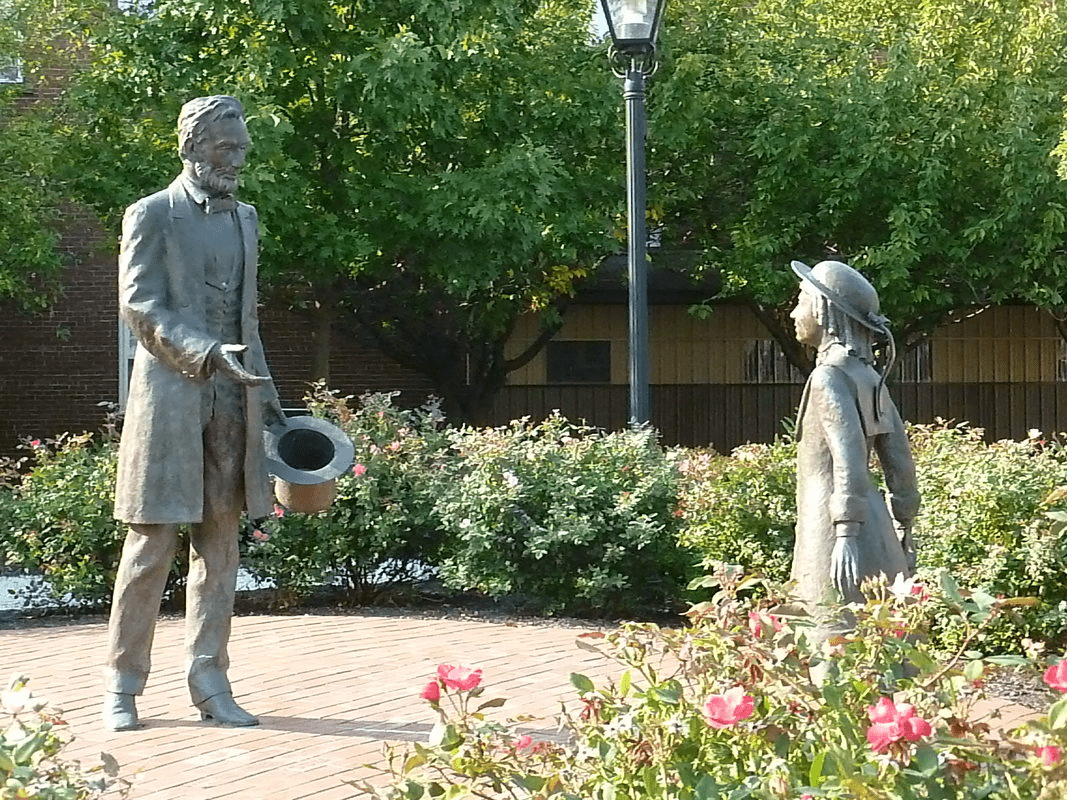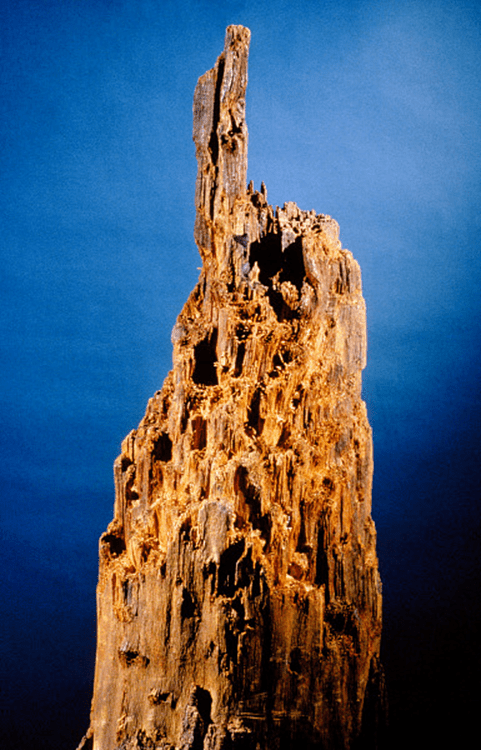Lincoln was this number President of the US.
16th
The alternate name for the Battle of Pittsburgh Landing.
Shiloh
This colonel raised the "Erie Regiment" at the beginning of the war.
John McLane
This general was shot in the left leg on July 1st but still continued to command throughout the battle without being treated.
Gen Richard Ewell
This event changed the conspirators' plan from kidnapping Lincoln to killing him.
Lee's surrender
The overall commanders at the Battle of the Wilderness
Generals Grant & Lee
On January 1, 1863, Lincoln used his War Powers to issue an order to free slaves in the rebelling states.
The Emancipation Proclamation
Fredericksburg, Virginia lies on this strategic river.
The Rappahannock
The original name of the iron hulled warship built in Erie that played an important role in the Civil War.
The Michigan
This Confederate brigade commander was the first to encounter Union troops.
James Pettigrew
This cabinet member was also targeted for assassination on April 14, 1865.
William Seward
Name given to the series of battles in Virginia from May 4-June, 1864
The Overland Campaign

WESTFIELD, NY
The cabinet member who advised Lincoln to wait for a Union victory before announcing the Emancipation Proclamation.
William Seward
The name of the dominant political party in Erie County during the Civil War.
The Republican Party
Two brothers were raised together in Gettysburg but one moved to Virginia and fought for the South. He returned to fight at Gettysburg and was killed on this family farm named after his family.
Culps Hill
After leaping onto the stage, John Wilkes Booth was heard to have shouted this to the stunned audience.
"Sic Semper Tyrannis"
This Confederate Lt. General was seriously wounded by friendly fire while leading a counter-attack towards the key Brock Road intersection in the Wilderness.
James Longstreet
For decades Lincoln had a contentious relationship with this Chief Justice of the United States Supreme Court.
Roger B. Taney
Confederate general A.P. Hill marched his division from this location into the battle at Antietam.
Harper's Ferry
This regiment, raised primarily in Erie County, suffered the highest number of battle deaths during the Federal defeat at Fredericksburg.
The 145th Pennsylvania Volunteer Infantry (PVI)
This Confederate general, a former Congressional member, was killed on the second day of the battle.
William Barksdale
Gazing upon the lifeless president, he is credited with the words, "Now he belongs to the ages."
Edwin Stanton
This salient in the Confederate line at Spotsylvania was the target of the single largest Union charge of the War, led by Gen. Winfield Scott Hancock
The Mule Shoe
Lincoln was the Postmaster and read the law in this small town.
New Salem, Illinois
Confederate forces were entrenched on this high ground at Fredericksburg.
Marye's Heights
He led the 83rd PVI on Little Round Top at Gettysburg.
Captain O.S. Woodward
This farmer (last name) owned the infamous "Peach Orchard."
Sherfy
This Union sergeant fired the shot that killed John Wilkes Booth.
Boston Corbett

The section of the Confederate trenches at Spotsylvania where this large oak tree was cut down by small arms fire.
The Bloody Angle